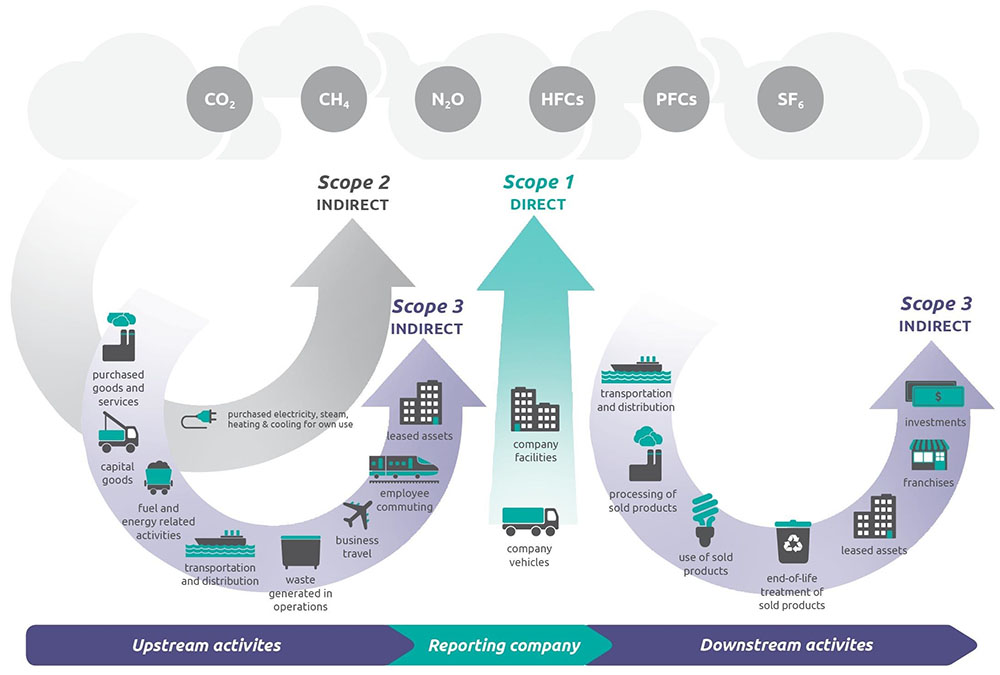Non-financial information
Information published in the section on non-financial information is valid for 2019 and relates to the main operations of Arion Bank. The subsidiaries are not included. Data from 2015-2018 is included for comparison.
.jpg)
Environment
Social
Governance
Key to terms used
The letters E, S and G refer to factors relating to the Environment, Society and Governance as set out in the ESG reporting guide for the Nasdaq Nordic and Baltic exchanges.
GRI stands for Global Reporting Initiative. GRI helps companies and institutions analyze, collect and publish information on the economic, environmental and social impact of their activities.
UNGC stands for United Nations Global Compact. By participating in the Global Compact companies or institutions commit to work towards the UN’s Ten Principles on Sustainability.
SDG refers to the UN Sustainable Development Goals. The Sustainable Development Goals were adopted by all member states of the United Nations in September 2015. There are 17 Sustainable Development Goals and 169 targets. This table refers to the 17 goals.
Methodology for financial accounting
When calculating Arion Bank’s environmental accounts, we use The Greenhouse Gas Protocol which is a standardized methodology which has been implemented at a number of companies with good results. Arion Bank has underlined the importance of implementing its climate project within the framework of Icelandic and international legislation and regulations on the environment.
The diagram below describes the methodology according to which greenhouse gas emissions are divided into three categories, Scopes 1, 2 and 3. Broadly speaking emissions originate from the transportation of supplies to the company, from the company’s operations and from the transportation of goods and services from the company. Scopes 1, 2 and 3 are divided into direct and indirect greenhouse gases.
